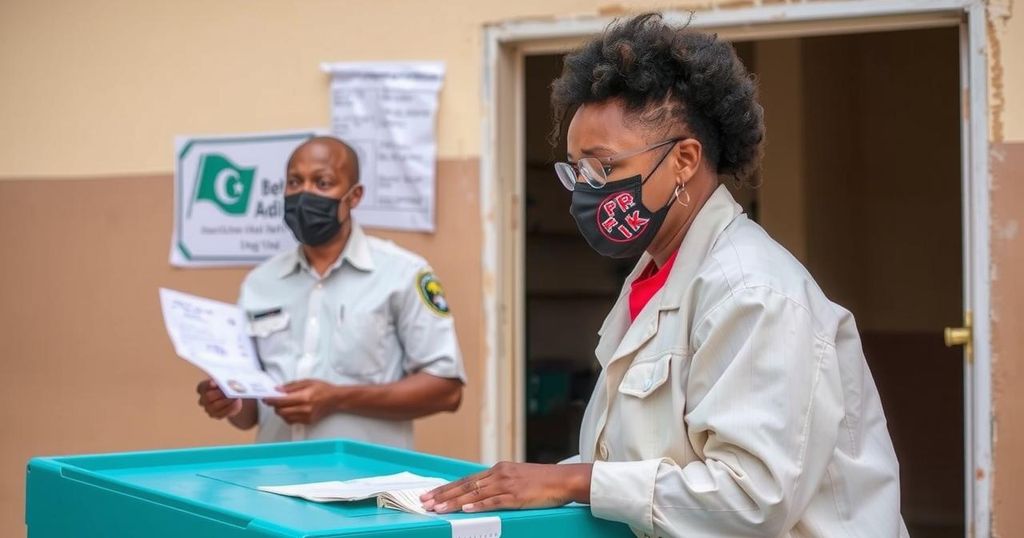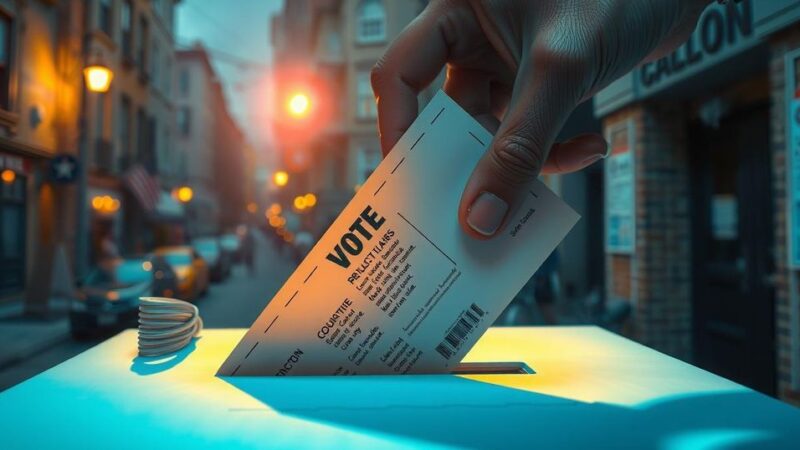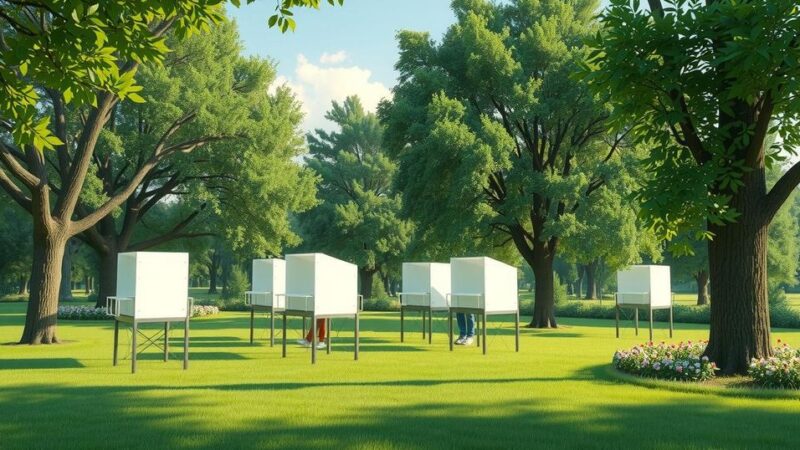Chad’s electoral commission has requested military protection amid rising violence ahead of the December 29 elections. Disruptions led by opposition supporters threaten the electoral process, prompting fears of conflict. While over 8.3 million citizens are registered to vote, opposition leaders assert the elections are a front for President Deby’s consolidation of power, raising serious questions about electoral integrity and safety.
Chad’s electoral commission has formally requested military protection for its officials and candidates ahead of the December 29 elections due to an increase in violent incidents. There have been reports of opposition supporters utilizing clubs and iron bars to impede the activities of the ruling Patriotic Salvation Movement (MPS) during campaign events across multiple regions. The National Election Management Agency, known as ANGE, indicated that these disruptions have significantly afflicted the campaign processes for the parliamentary, local council, and regional elections.
As the country approaches the elections, which signify the conclusion of a three-year transitional period following the death of long-term President Idriss Deby Itno in April 2021, concerns over escalating tensions have been raised. ANGE’s Vice President Assane Bairra warned that failure to deploy military personnel could transform ongoing unrest into armed conflict.
Registration figures reveal that over 8.3 million of Chad’s 18 million citizens have enrolled to vote, with close to 180 political parties fielding nearly 1,300 candidates for parliamentary positions, as thousands more vie for local and provincial roles. Furthermore, a substantial number of election observers, exceeding 1,000, have received accreditation to monitor the forthcoming polls.
However, a coalition consisting of more than 75 opposition parties and civil society organizations has described the election process as a mere “masquerade,” believing that President Mahamat Idriss Deby Itno and the MPS intend to utilize the elections to reinforce their power. Reports from various towns indicate that opposition supporters have aggressively obstructed MPS campaigners, while the military has intervened to dismantle roadblocks established by opposition factions.
Avocksouma Djona, the president of Chad’s Party of Democrats, has stated his party’s intention to block campaigners from both the ruling party and the opposition from conducting election rallies. Djona has called for a postponement of the elections, citing that all officials within the election management body had been appointed by President Deby, who is also said to exercise undue influence over the constitutional court to ensure his party’s electoral success.
President Deby, who took power following his father’s death after three decades in governance, has asserted that the forthcoming elections will be conducted fairly and transparently. However, opposition factions have hastily rebuffed these assertions, claiming that the President is maneuvering to rig the elections in favor of his party.
Following a contentious electoral process on May 6, which was largely boycotted by opposition groups, concerns continue to mount regarding the potential for electoral manipulation and the overall integrity of Chad’s political transition.
Chad is currently navigating a significant political transition after the death of its longstanding leader, Idriss Deby Itno. His son, Mahamat Idriss Deby, assumed power and pledged a transition towards civilian governance, which has faced numerous challenges, including allegations of violence and resistance from opposition groups. With upcoming elections intended to signal a return to democratic governance, the request for military protection underscores the volatile political climate and raises concerns about the safety and integrity of the electoral process.
In conclusion, as Chad prepares for its critical elections on December 29, both military and civil authorities are bracing for potential unrest amid heightened tensions between ruling and opposition factions. The electoral commission’s appeal for military support highlights significant anxieties surrounding the safety of candidates and election officials. Moreover, the view of the elections as a potential facade for consolidating power by the current regime has exacerbated concerns over the fairness and legitimacy of the electoral endeavor. The situation remains dynamic as multiple stakeholders observe the evolving political landscape.
Original Source: www.voanews.com






